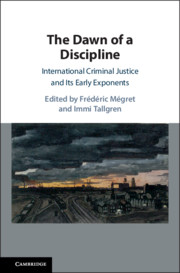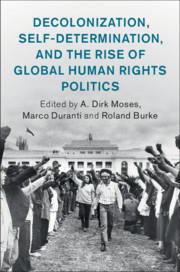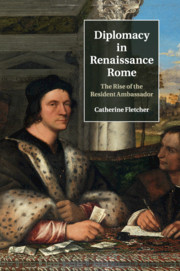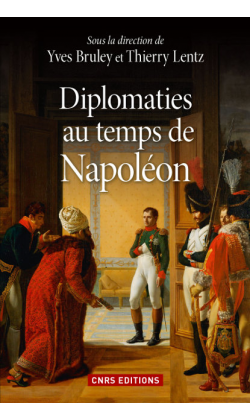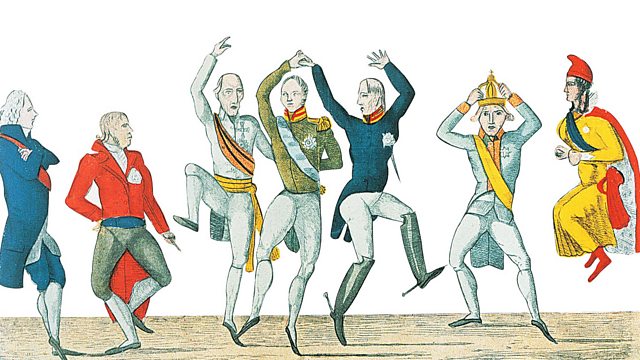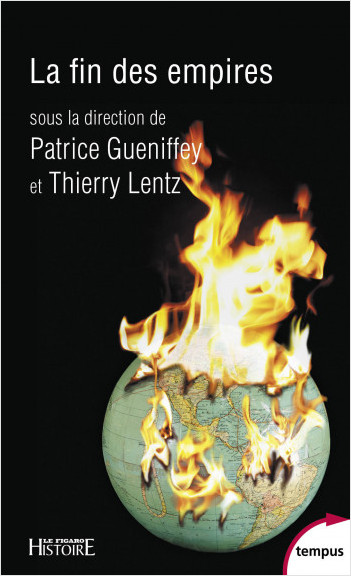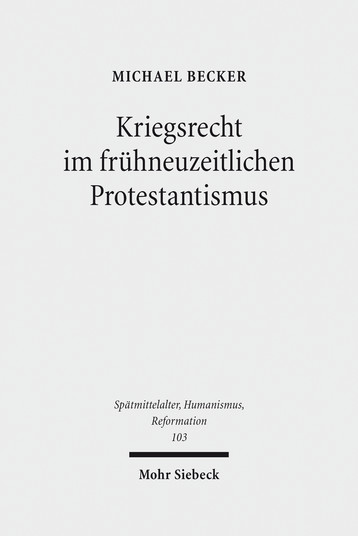We learned of a call for papers for a special dossier of the journal “The Direito e Práxis Journal” on “Critical Legal Studies: debating the anti-liberal tradition of critical legal studies”. Here the call:
The Direito e Práxis Journal, associated to the Post-Graduate Program in Law at the State University of Rio de Janeiro (UERJ), invites interested scholars to submit proposals for articles to be published as part of the June 2021 dossier “Critical Legal Studies: debating the anti-liberal tradition of critical legal studies”, organized by the invited editors of the Journal, Professors André Luiz Souza Coelho, Júlia Ávila Franzoni and Philippe Oliveira de Almeida, all of them from the Federal University of Rio de Janeiro (UFRJ) Law School.
The dossier’s purpose is to encourage the publication of research on the genesis and development of Critical Legal Studies, the theoretical currents emerging from it and the possibilities for updating and applying its categories and methods to problems of today. Emerging in the early 1970s, in US law schools such as Harvard and Yale, Critical Legal Studies became one of the most cohesive and combative strands of “postmodern” critical legal thinking. Despite suffering a decline in the 1990s — due to the neoliberal backlash after the fall of the Berlin wall, that disseminated the “unique thought” and the “end of history” in law schools — Critical Legal Studies provided research strategies to the countermajoritarian currents of legal thought that remain important even today. In addition to the “retrospective rationalization” tactics of the current law, widely used by positivist dogmatics, Critical Legal Studies experimented with new ways to study the legal-political reality — such as counter-narratives, which put individuals, with their particularities and contingencies, front and center in the critical studies of Law. Led by figures such as Roberto Mangabeira Unger, Duncan Kennedy and Mark Tushnet, Critical Legal Studies proposed new strategies for thinking, teaching and practicing law, escaping, at the same time, normativist formalism and Marxian orthodoxy. Now, the spirit of Critical Legal Studies survived in currents that flourished by making use of theoretical tools developed by the crits to face realities that they did not contemplate, as is the case with Critical Race Theory (Derrick Bell , Patricia Williams, Mari Matsuda, Richard Delgado, etc.); DisCrit — Dis / ability Critical Race Theory (David J. Connor, Beth A. Ferri, Subini A. Annamma, etc.); and Critical Legal Geography (by David Delaney, Richard T. Ford, Nicholas Blomley, Mariana Valverde, Andreas P. Mihilopoulos, etc).
The dossier will accept papers and translations related to Critical Legal Studies in general (and its developments, the Critical Race Theory, DisCrit, QueerCrit, Critical Legal Geography etc.), as well as specific thinkers associated to the group (Karl Klare, Mark Kelman, Drucilla Cornell …) and their impact on critical legal thinking in Latin America. Monographic studies on specific aspects related to influences, controversies, research methodologies and combat strategies employed by crits will also be welcome. And, finally, the call also aims at giving greater visibility to research that, using these methodological tools and many others correlated (colonial [anti? counter? post?] thinking, political ecology, social reproduction theory, for example, which, from the 1970s to the present day, were experimented with by Critical Legal Studies and its ramifications), seeks to reflect on the scenario in which we live now — marked by the covid-19 pandemic as a total social event, which intersects, and often accelerates, other harmful processes, such as the climatic emergency, the rise of right-wing populism, necropolitics and the precarization of labor.
Papers in Portuguese, English or Spanish will be accepted.
Abstracts should be sent to ejc.fndufrj@gmail.com in the format described below until August 30th. Proposals accepted for development will receive consideration from the editors, and the full papers must be delivered until December 15th, 2020.
Proposals must contain:
• Authors’ name, e-mails, qualifications and institutional links.
• A summary of a maximum of 1,000 words clearly indicating the object of the work, its hypotheses, the method that will be used in the development of the research, the expected conclusions and the contribution of the research to the field.
Timetable:
1. Call for papers: June 2020
2. Deadline for Abstracts: August 30, 2020
3. Feedback from Editors: until September 30
4. Deadline for Articles: December 15, 2020
5. Publication: June 2021
After receiving the final versions of the papers, there will be a round of evaluations of the manuscripts and return to the authors for final corrections.


